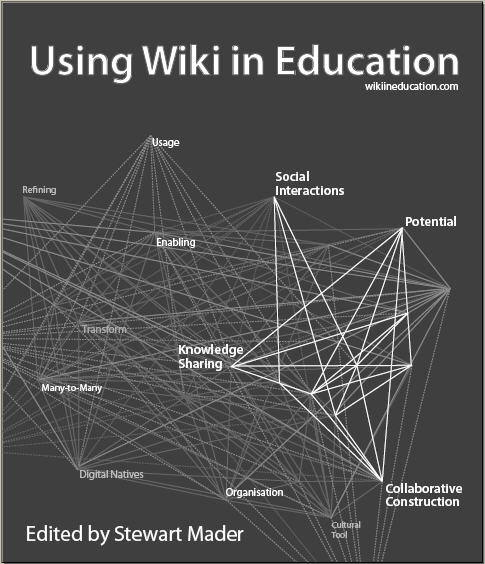

After discussing podcasts in class today, I decided to do a search of my own and came across this interesting article. Scott Sigler is a podcaster turned published author after podcasting his novels free of charge to the public. After gaining circulation and popularity, his podcasts caught the attention of Crown Books, who offered him a publishing contract.
This just goes to show one of the many opportunities that podcasts have to offer. After reading the chapter on podcasts in "The New Influencers," I was surprised to find how many people found unexpected success in podcasting when really only meaning to play around with it, like the mommycasters and the HT guys, etc.
He has also used a lot of social media outlets like myspace and facebook to promote his book. "I do several promotional videos around the book, like book trailers, and those are up on the pages and so are the audio trailers for my books. So as soon as people stumble onto my page, they’re getting exposed to what the podcast sounds like, getting exposed to the story, they’ll see the video, and it makes it really easy for them to communicate and interact with me"- Scott Sigler.
What I thought was really neat about this is that it is different from buying a book because you don't get to have the whole thing at once. Listeners had to wait every week for the next chapter, which is probably what made a lot of them keep returning. His book "Infected" has also picked up by Crown Books, and I think that he is a perfect example of how podcasts can work in our favor.




